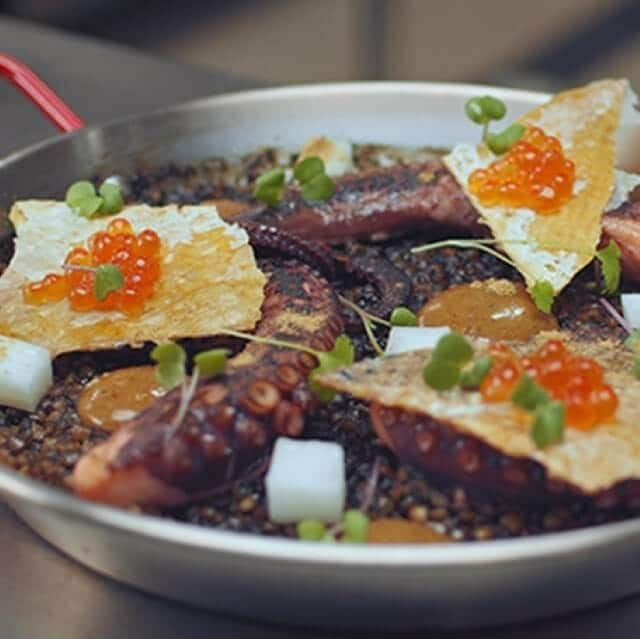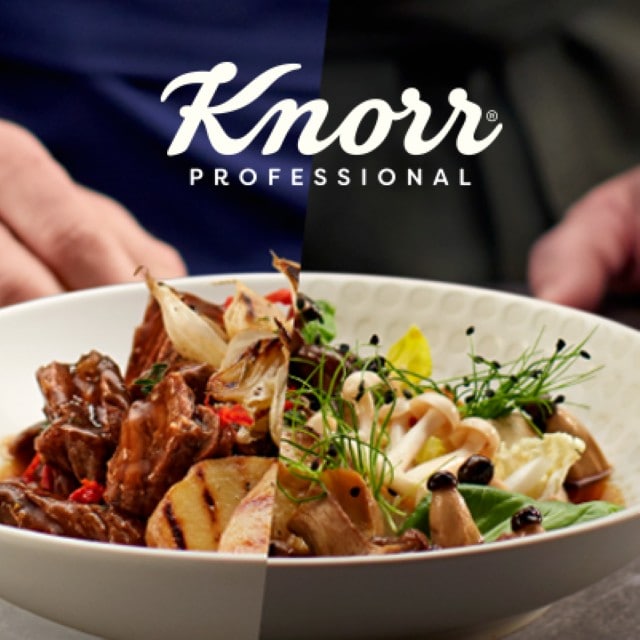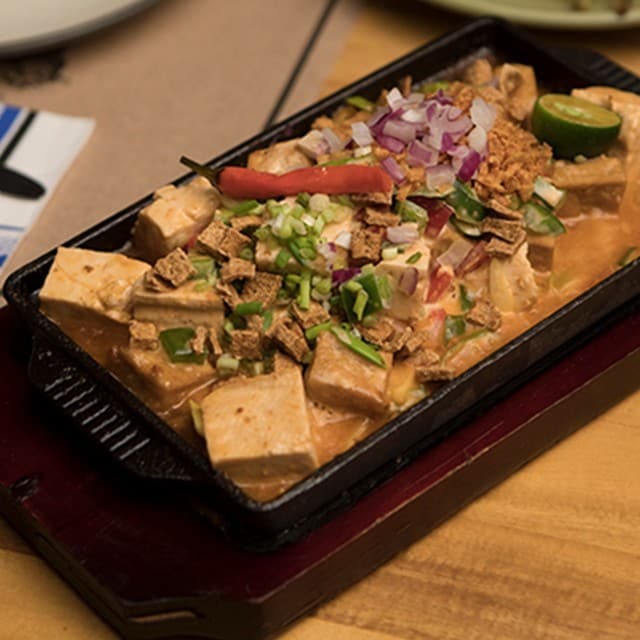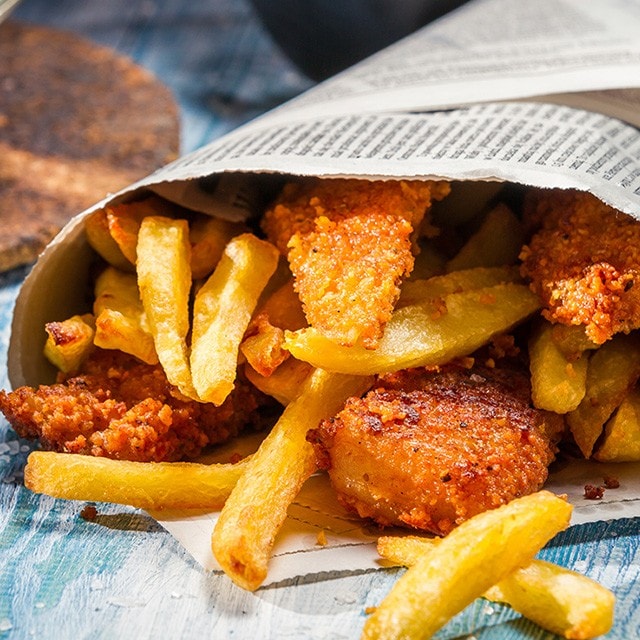
Unilever Food Solutions
Discover our range of brands and products created for foodservice professionals.
We are Unilever Food Solutions. We support Chefs
Chef support – for chefs by chefs
Unilever Food Solutions is a business built by Chefs, so we know what you face every day in the kitchen. Everything we do is focused on making your life a little easier. We aim to inspire you, train you and provide you with the best product solutions.
Drawing from their extensive experience in professional food services, our team of over 300 Chefs create dish solutions that balance great taste, convenience and nutrition with a consistently high standard.
Our global network of food service professionals help source the best sustainable ingredients, develop quality products, create inspiring & trending recipes, and provide chef training and support.
Follow our team of chefs and food professionals!
We are here to inspire you. For more on trending ingredients, the latest food techniques, kitchen humour and top culinary events, follow us now.
Talk to Us
Contact our Customer Care line or Live Chat for quality issues or general inquiries.
Menu trends & inspiration
The demand for vegetarian foods, gluten-free menu options, and whole food plant based diets show how food trends and customer needs are always changing – we know it can be an on-going struggle to keep up.
Our expert team of Chefs make it easy to stay inspired and confident with the latest food trends, restaurant recipes and online Chef courses.
Our online culinary school: UFS Academy
As a Chef, you know that you never stop learning.
If you’re just starting out or are a seasoned pro, you can take your skills in the kitchen to the next level with our online culinary courses.
Our team of culinary professionals is waiting to teach you culinary skills and food tips & tricks you can use right away! Enter our Academy now and get access to FREE bite-sized online Chef courses and training.
UFS webshop-Wholesale Food Distributor
Our professional foodservice products are developed with the close involvement of our Chefs. So, it’s no surprise that our leading foodservice brands deliver quality without compromise in the kitchen. Our products cater to you and your customer's needs: from lump-free sauces, vegan products, colourant and preservative free spice formulations. To provide you with the best service possible, we give you the option to order all our foodservice products in the UFS Webshop.

Unilever Food Solutions' commitment to sustainable packaging
When it comes to plastic use, we at Unilever Food Solutions believe less is more. The Unilever Sustainable Living Plan continues to be our guiding light as we work towards the big commitment we have made to reduce plastic.
By 2020: we will reduce the waste associated with the disposal of our products by 50%.
By 2025: 100% of our plastic packaging will be reusable, recyclable or compostable. And 25% of our plastic packaging will be made from post-consumer recycled (or PCR) plastics. We will halve our use of virgin plastic by reducing our absolute use of plastic packaging by more than 100,000 tonnes and accelerating our use of recycled plastic. Help collect and process more plastic packaging than we sell. As well as reducing our use of plastic, we are committed to helping create a circular economy for plastics. This means taking action at all points in the plastic cycle.
Since 2017, we have been transforming our approach to plastic packaging with this three-part framework:
- NO PLASTIC
- LESS PLASTIC
- BETTER PLASTIC

Please recycle
All Unilever Food Solutions products will from now on carry the “please recycle” logo, inviting our customers and consumers to come on this journey with us. We are also continuing to work closely with our suppliers and partners to help create recycling solutions where these do not already exist.























